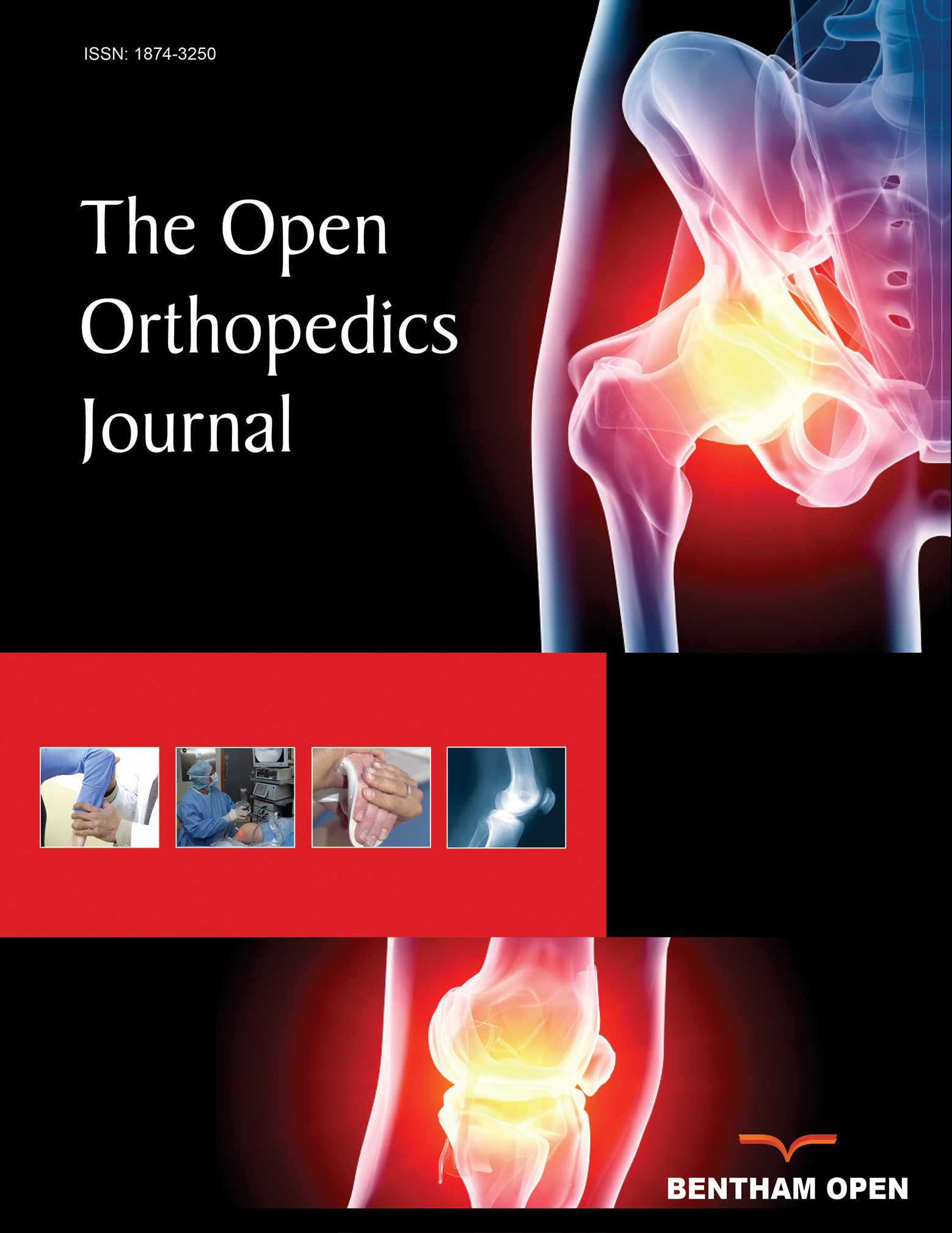All published articles of this journal are available on ScienceDirect.
Treated Hypertension has No Influence on the Efficacy of Alendronate in the Therapy of Postmenopausal Osteoporosis: A Non-Randomized, Non-Blind, Controlled Prospective Study
Abstract
Changes in hormone metabolism during menopause are involved in the development of osteoporosis and arterial hypertension. A mutual influence of these two clinical pictures is evident on the basis of pathophysiological factors.
In this study, we investigated whether a drug therapy of hypertension influences the efficacy of a bisphosphonate (alendronate) in the treatment of postmenopausal osteoporosis. For this purpose, 60 female patients were enrolled in the study, 30 of them on drug treatment for hypertension in addition to requiring treatment for osteoporosis, while the control group was only suffering from osteoporosis.
Bone density was measured at the start of the study and 6 months after therapy (QCT).
A significant increase in bone density was demonstrated in both groups, while a difference between the groups could not be seen.
Treated arterial hypertension does not have a negative influence on the treatment of postmenopausal osteoporosis with alendronate. Rather, the concomitant treatment of these two clinical pictures would appear to make sense, in order to reduce morbidity and mortality.


